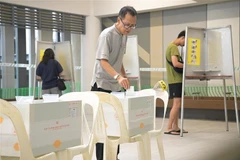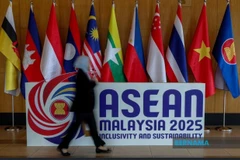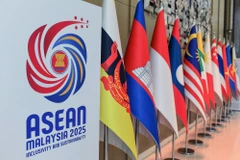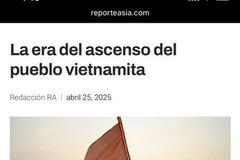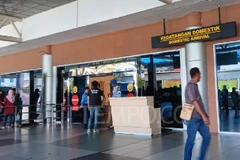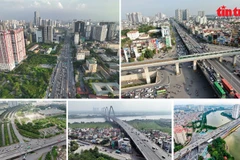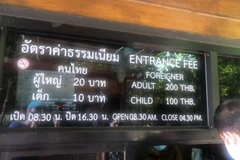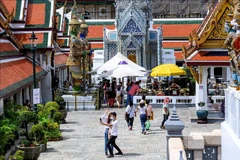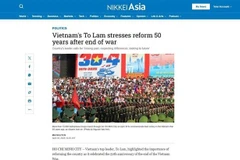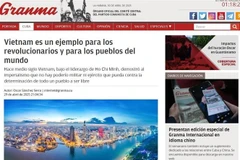Hanoi (VNA) – An international workshop on tackling diet-related non-communicablediseases in Asia opened in Hanoi for the first time on November 19, bringingtogether experts from 12 countries, including China, Sri Lanka, India,Indonesia, Thailand, Malaysia, and the Philippines.
In his remarks at theevent, Greg Hallen – Programme Leader of the Food, Environment, and Healthprogramme at the International Development Research Centre (IDRC) from Canada –said non-communicable diseases caused 15 million deaths in developing countriesin 2015, 3.8 million higher than that of 2000. These countries are facing up tovarious financial issues to provide health care services in general and preventnon-communicable diseases in particular, he said.
An unhealthy dietaccounted for more than 19 percent of deaths worldwide caused bynon-communicable diseases in 2017. It was also behind nearly 70 percent of deathsfrom coronary artery disease.
At the workshop,experts raised concern over the rise of diet-related non-communicable diseasesamong young people, which could lead to greater economic burden on society inthe long run. However, there are very few studies on diet-relatednon-communicable diseases conducted in developing countries, indeed mostmedical evidence for this type of disease originate from more developednations.
It is necessary tocarry out studies on a larger scale across Asia to analyse the development ofthe diseases and thereby develop appropriate and sustainable medicalintervention measures.
Rapid economic growthand urbanisation have changed people’s eating habits in a negative way, saidProf. Dang Duc Anh, Director of the National Institute of Hygiene andEpidemiology. It is never too late or too early to seriously reconsider andtake action to improve food safety and change the way people view and selectcertain foods, he added.
The workshop will runthrough until November 22. –VNA







